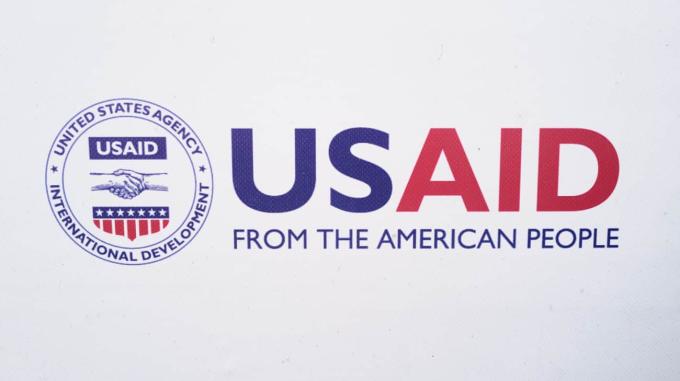Drastic Cuts in USAID Funding Could Lead to Over 14 Million Deaths by 2030, Study Warns

Over the past two decades, the programs financed by the United States Agency for International Development (USAID) have played a crucial role in improving global health and combating hunger. These initiatives have helped save more than 91 million lives worldwide, including approximately 30 million children. However, current developments threaten to undermine this progress due to potential reductions in funding. A recent study published in The Lancet and Reuters warns that a severe decrease in aid could result in more than 14 million additional deaths by 2030, among them 4.5 million children under five. Projections indicate that ongoing significant cuts—paired with the possible abolition of the agency—may have catastrophic consequences for global development efforts. Despite other donors, the United States remains the leading provider of humanitarian aid, contributing at least 38% of all international aid reported to the UN, with a total of $61 billion allocated in 2024. Half of this sum is channeled through USAID. Experts warn that if the sharp aid reductions announced for early 2025 are not reversed, the world could face a staggering increase in preventable deaths. Background: On March 28, the U.S. State Department officially informed Congress of plans to effectively dismantle USAID, transferring many of its responsibilities to the Department of State. The Trump administration previously accused USAID of misappropriating taxpayer funds and supporting foreign programs misaligned with U.S. interests. In May, reports revealed that millions of food rations—enough to support 3.5 million people for a month—were lying decayed in warehouses across the globe due to aid cutbacks, risking their spoilage and waste.

